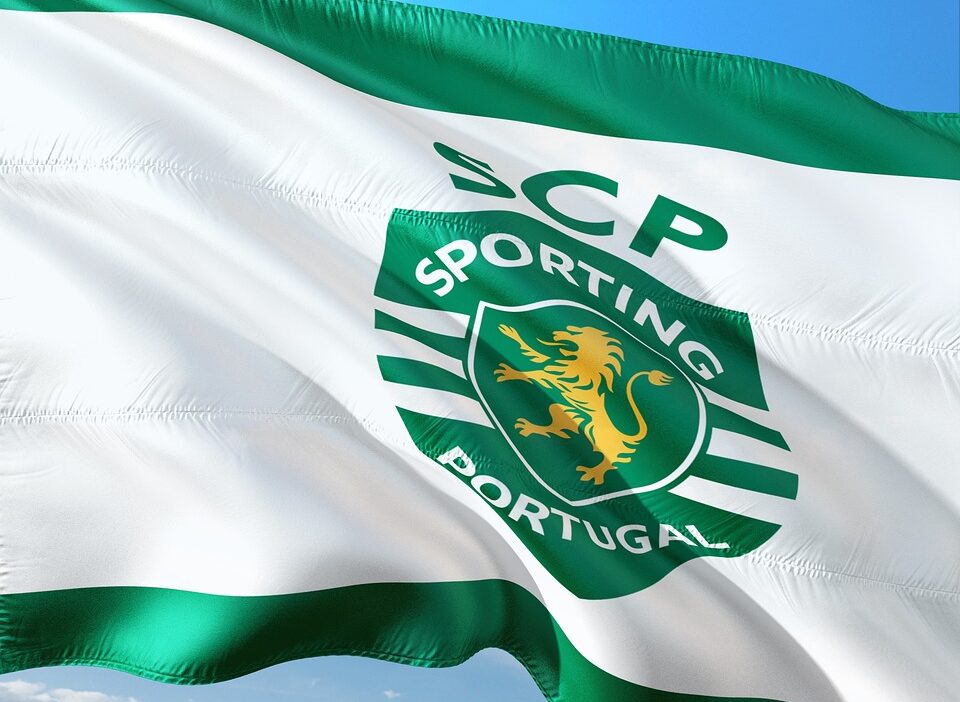Rocket League, developed by Psyonix, has transcended its initial role as a unique blend of soccer and vehicular mayhem to become a thriving competitive esports phenomenon. Since its release in 2015, the game’s innovative mechanics, rapid pace, and community-driven content have inspired a vibrant esports scene that attracts players and fans alike. This article explores the competitive landscape of Rocket League esports, from its major tournaments and teams to its growing audience and future prospects.
The Rise of Rocket League Esports
Rocket League quickly garnered attention for its engaging gameplay and the sheer skill required to master its mechanics. Esports began to flourish as the game’s community embraced competitive play. Tournaments such as the Rocket League Championship Series (RLCS), which launched in 2016, offered a structured grid for teams to compete at the highest level, framing the esports ecosystem and establishing the first major leagues.
Major Tournaments and Events
The RLCS stands as the flagship tournament in Rocket League esports. Over the years, it has evolved, expanding into different seasons and regions, which now include North America, Europe, South America, Asia-Pacific, and the Middle East. The RLCS culminates in a World Championship, where the best teams from each region compete for prestige and prize money. The competitive calendar is also filled with other notable tournaments, including various community-run and game publisher-backed events, all of which contribute to the vibrant competitive landscape.
Professional Teams and Players
Rocket League esports boasts a variety of professional teams, many of which have developed dedicated fan bases. Teams like G2 Esports, FaZe Clan, Ninjas in Pyjamas, and Team BDS consistently rank among the top competitors, while newer teams like Karmine Corp have made significant impacts on the scene.
Individual player talent is also a defining feature of Rocket League esports. Stars like GarrettG, Jstn, and Fairy Peak! have etched their names into the annals of competitive gaming due to their extraordinary skills and contributions to their teams’ successes. The personalities and stories behind these players help captivate audiences, adding depth to the esports narrative.
Community and Audience Engagement
One of Rocket League’s strengths lies in its devotional community. Players and fans engage through streaming platforms like Twitch and YouTube, where they watch live matches and streams, participate in discussions, and create content. As streaming continues to grow, events like the RLCS attract hundreds of thousands of viewers, illustrating the game’s broad appeal.
The community itself plays a vital role in fostering the competitive atmosphere, with grassroots tournaments becoming more common and providing opportunities for up-and-coming players. Initiatives like community leagues and college tournaments also encourage participation and fan engagement at various levels.
Financial Growth and Sponsorships
The financial ecosystem of Rocket League esports has grown remarkably, with sponsorships and merchandise becoming a significant revenue source for teams and players. Major brands like Nissan, Pepsi, and Honda have entered the space, recognizing the viability of electronic sports as a lucrative market. As the game continues to grow, financial investment will likely broaden, expanding opportunities for both established and emerging teams.
Challenges and Opportunities
Despite its growth, Rocket League esports faces challenges. With increasing competition from other titles and genres, sustaining viewership and player engagement will require innovation. The landscape is also evolving rapidly, necessitating organizers to adapt to changing demands and preferences.
There are abundant opportunities as well. The recent introduction of new game modes, updates, and tournaments signifies Psyonix’s commitment to keeping the game fresh. Furthermore, expansion into mobile gaming or VR could open new avenues for player engagement, attendance, and overall interest.
The Future of Rocket League Esports
As Rocket League continues to grow, its esports scene is poised for an exciting future. The blend of thrilling gameplay, community engagement, and an expanding competitive structure ensures that Rocket League will remain a staple in the esports ecosystem. With a steady influx of new talent, continuous support from developers, and an ever-growing audience, the landscape of Rocket League esports promises to evolve in entertaining and unexpected ways.
In conclusion, Rocket League esports is more than just a sport; it is a dynamic community fueled by passion, talent, and innovation. As it stands on the brink of further growth, the potential for new heroes and historic moments is limitless, solidifying its place in the ever-expanding universe of competitive gaming.


